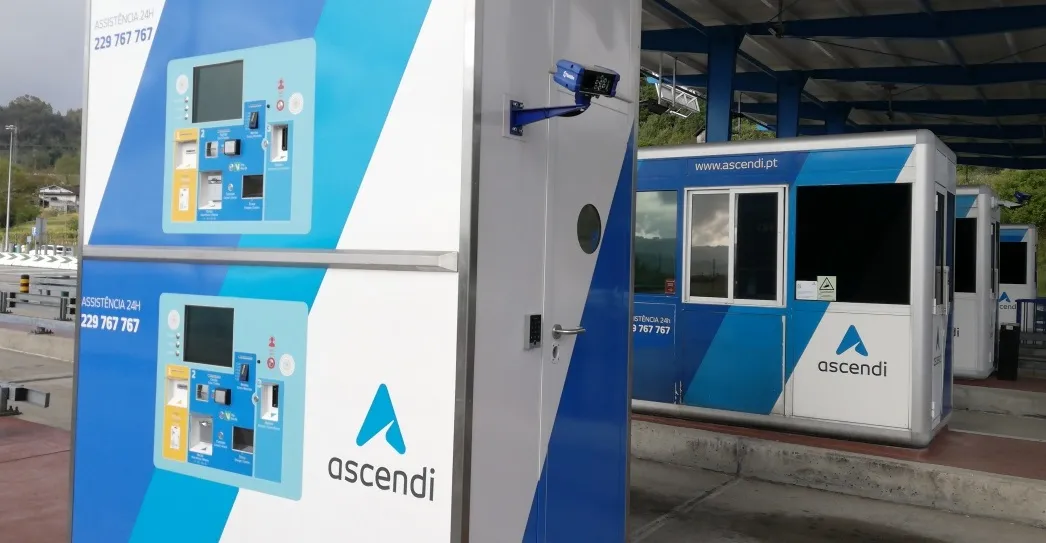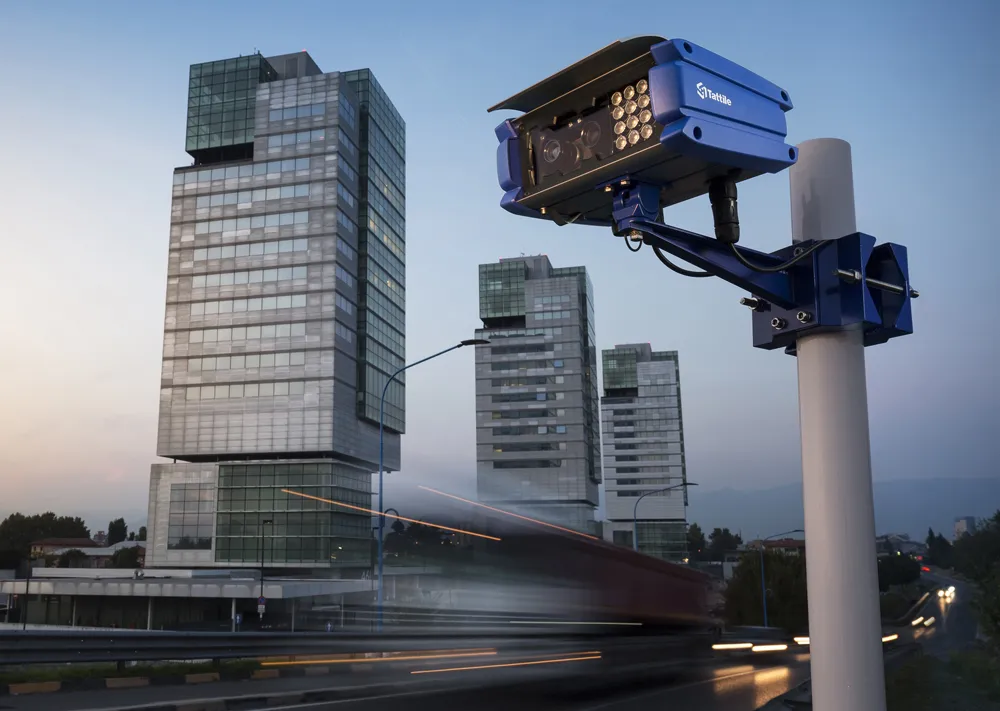
Portuguese highways operator Ascendi has modernised 26 toll plazas across three major routes in the country.
Twenty-two of the plazas are on the A7 and A11 roads of its Norte concession, which covers 175 km and connects industrialised and densely-populated areas such as Vila do Conde, Braga and Guimarães.
The remaining four toll plazas are along the A16 Grande Lisboa concession, which Ascendi says has improved traffic conditions in the greater metropolitan Lisbon area.
The goal was to renew the toll collection equipment to achieve a state-of-the-art level of automation of the toll plazas and reduce the slowdown of the traffic flow during toll collection as much as possible.
In all, 188 lanes have been equipped with front and rear optical character recognition (OCR) Tattile Basic ANPR cameras.
The new system now offers high-speed OCR number plate recognition for manned and automatic electronic toll collection (ETC) even up to top-tier fast ETC lanes that, managed together with the Via Verde app-based tolling system - where drivers have a Via Verde identifier in their car which is linked to a registered debit card - allow a smoother experience for drivers since there is no need to stop and pay.
Meanwhile, Ascendi has signed a five-year extension of its service and maintenance agreement, worth NOK148 million ($14.9m) with Q-Free in Portugal.
Q-Free will provide back-office services, remote monitoring, and field service for the multi-lane free-flow tolling systems.
“We are very pleased to continue our close collaboration with Ascendi, which has been a customer of ours since 2009," says Trond Christensen, Q-Free’s interim CEO.
Former Q-Free CEO Håkon Volldal will be permanently replaced by Thale Kuvås Solberg towards the end of 2022.










